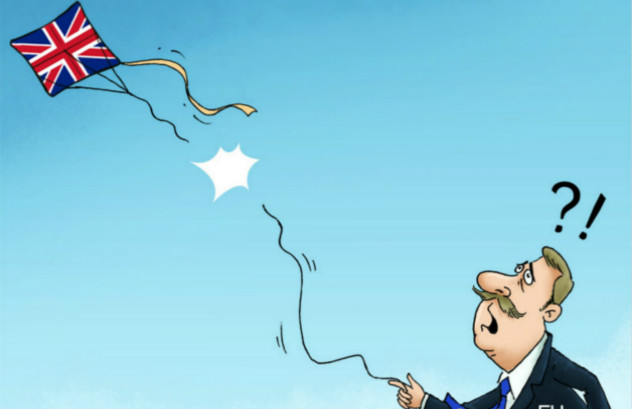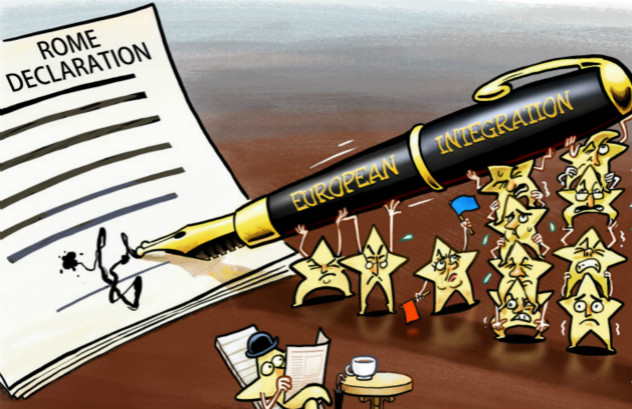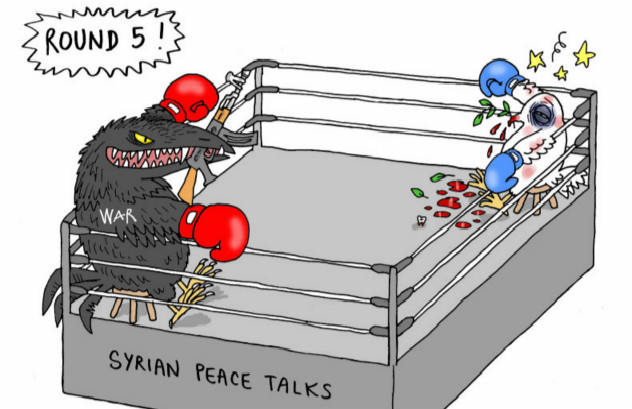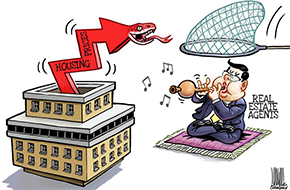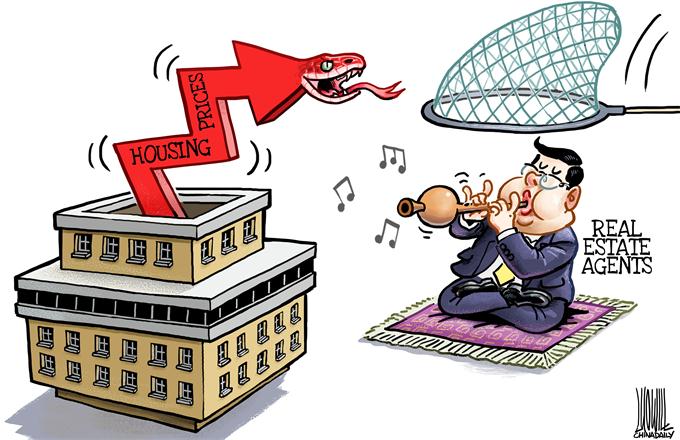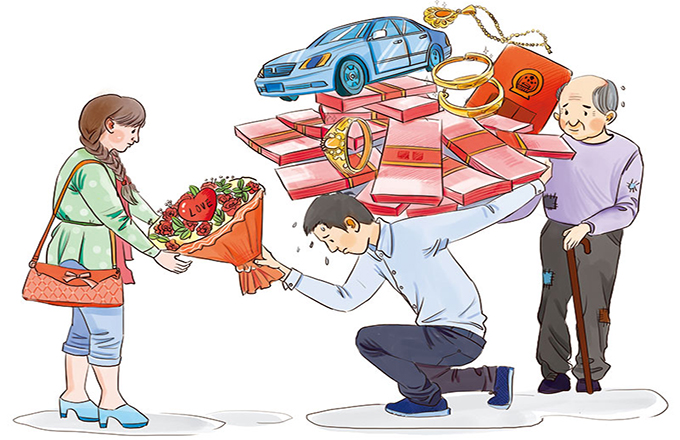长跑周(chang pao zhou): Long workweek
To enjoy a holiday from April 29 to May 1 for Labor Day, people had to work for preceding weekend. In other words, the weekend was shifted to Monday and Tuesday, to grant people a three-day holiday.
But this arrangement is not confined to the Labor Day holidays. According to the official schedule for public holidays in 2013, workers can enjoy "a longer holiday" by swapping their weekend preceding the public holiday with weekdays as part of the government's efforts to stimulate consumption. That means a longer holiday comes with the price of a longer workweek (consecutive seven working days).
For the next public holiday, Dragon Boat Festival, people have to make up for their June 10-12 holiday by working over the weekend on June 8 and 9, which means seven consecutive working days again.
This arrangement, however, has not been received well by the public. Up to 73.4 percent of the respondents to a survey conducted by China Youth Daily said they were not happy with the 2013 public holiday schedule. And 92.5 percent complained of not getting enough holidays.
Many people have complained against the authorities' arrangement and called for a more reasonable holiday schedule. If holidays are preceded with extra burden on the already stressed employees, they cannot enjoy them and thus won't be able to boost consumption.
(China Daily 05/03/2013 page9)




